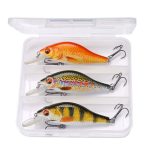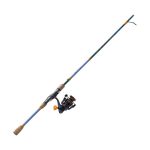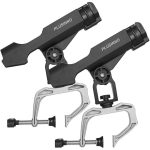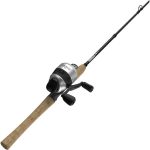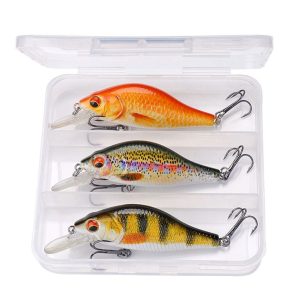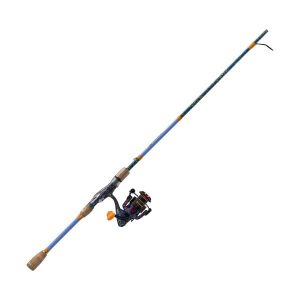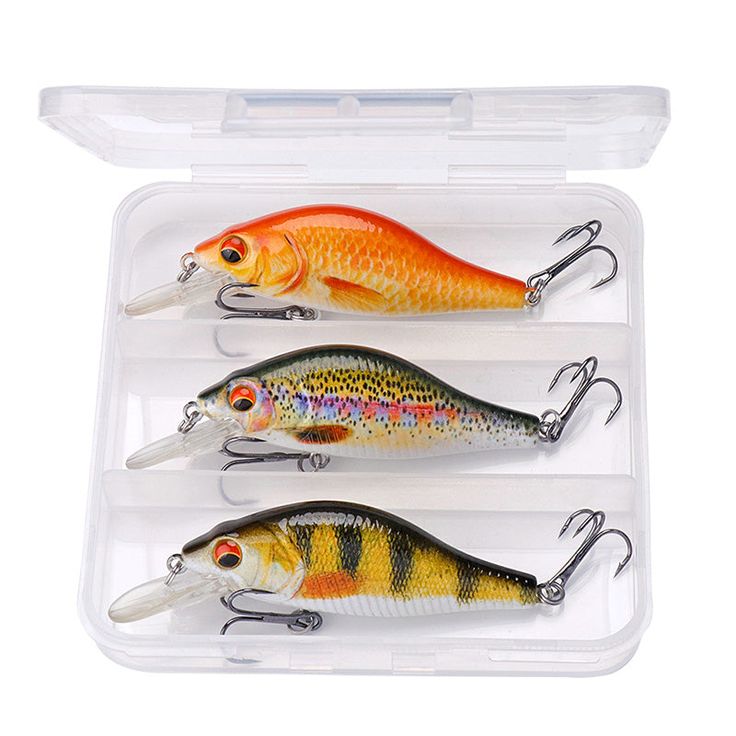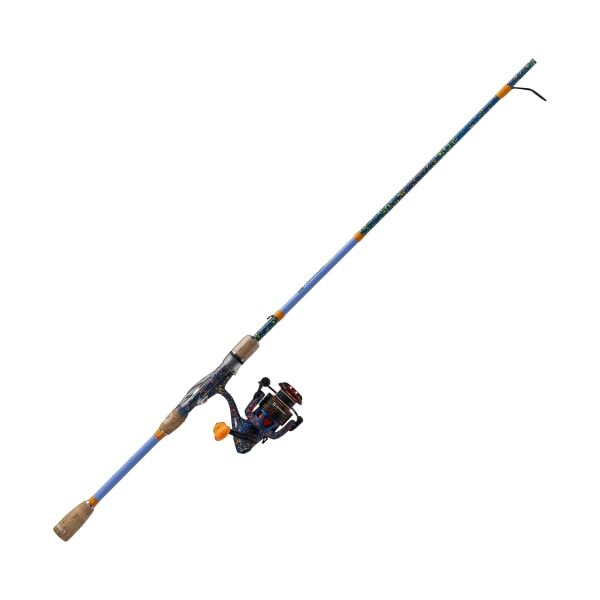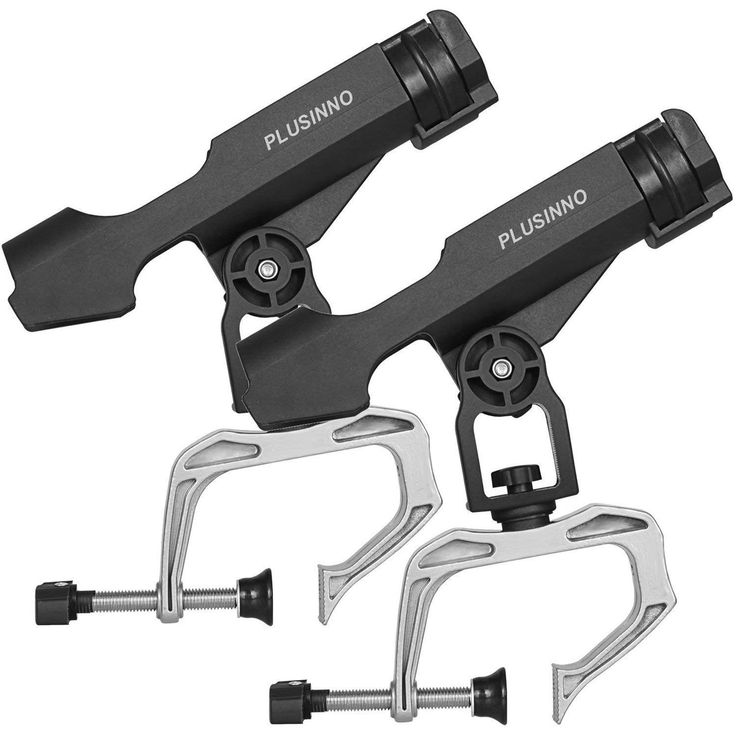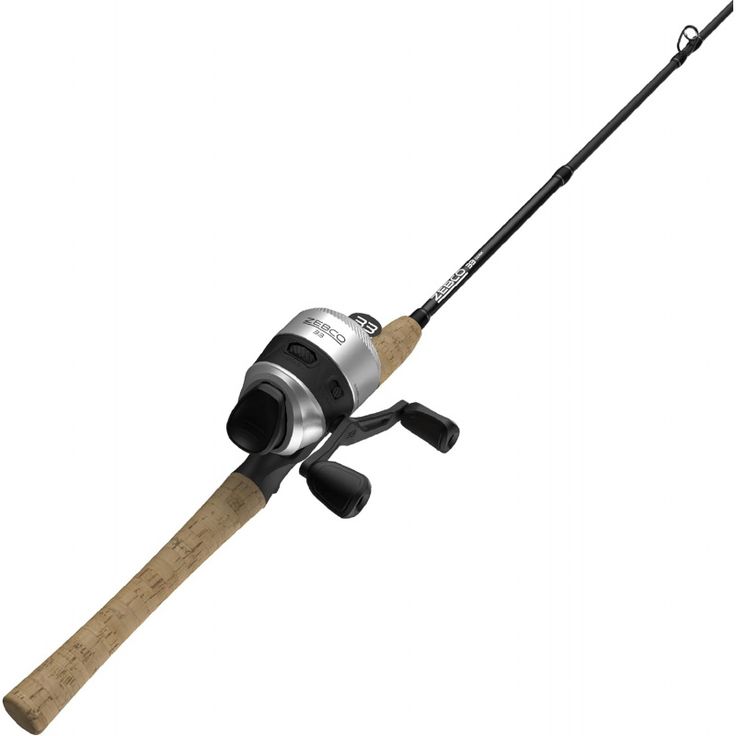The Evolving Landscape of Recreational Vehicles
The Shift Towards Minimalist Camping
In recent years, there has been a growing trend towards a more minimalist and eco-conscious approach to camping and recreational travel. As individuals and families seek to reconnect with nature while reducing their environmental footprint, the demand for small campers has surged, offering a compact and versatile solution to their outdoor adventures.
The Emergence of Innovative Small Camper Designs
Responding to this shifting preference, the recreational vehicle (RV) industry has witnessed the emergence of a diverse range of small camper offerings, ranging from lightweight trailers and teardrop campers to compact motorhomes and van conversions, each catering to the unique needs and preferences of modern campers.

The Advantages of Small Campers
Enhanced Mobility and Maneuverability
The compact size and lightweight construction of small campers make them highly maneuverable, allowing for easier navigation on narrow roads, through tight spaces, and into smaller campsites, providing greater accessibility to a wider range of outdoor destinations.
Improved Fuel Efficiency and Environmental Impact
Smaller campers, with their reduced size and weight, often boast improved fuel efficiency compared to their larger counterparts, contributing to a more sustainable and eco-friendly camping experience while reducing the carbon footprint of recreational travel.

Cost-Effective and Budget-Friendly
Small campers generally come with a more accessible price point, making the joys of outdoor adventures more attainable for a broader range of individuals and families, without the need for a substantial financial investment.
Adaptability and Versatility
The compact and adaptable design of small campers enables users to seamlessly integrate them into a variety of settings, from urban areas and suburban neighborhoods to remote wilderness locations, expanding the possibilities for spontaneous and flexible camping experiences.
Increased Sense of Adventure and Exploration
Embracing a small camper can foster a greater sense of adventure and exploration, as campers are empowered to venture off the beaten path, discover hidden gems, and immerse themselves in the natural wonders that may be inaccessible to larger recreational vehicles.
Key Considerations for Choosing Small Campers
Size and Sleeping Capacity
When selecting a small camper, the balance between overall dimensions, sleeping accommodations, and the number of occupants is crucial, as it directly impacts the comfort and livability of the camping experience.
Storage and Amenities
The availability of strategic storage solutions and essential amenities, such as cooking facilities, water systems, and sanitation options, can greatly enhance the functionality and self-sufficiency of a small camper, allowing for more comfortable and extended stays.
Towing and Hauling Capabilities
For small campers that require a tow vehicle, it is essential to carefully consider the towing capacity, weight distribution, and overall compatibility with the user’s existing vehicle to ensure safe and secure transport.
Off-Grid and Boondocking Readiness
Depending on the camper’s intended use, features like off-grid power systems, water conservation technologies, and off-road capability can be important considerations for those seeking to venture beyond traditional campsites and explore more remote locations.

Customization and Personalization
The ability to customize and personalize a small camper, from interior layouts to exterior styling, can enable users to create a unique and tailored camping experience that aligns with their individual preferences and lifestyle.
Small Campers for Diverse Camping Experiences
Solo and Couple Getaways
Small campers, with their compact and cozy designs, are particularly well-suited for solo adventurers and couples seeking intimate and self-contained outdoor retreats.
Family-Friendly Adventures
Compact yet versatile small campers can accommodate the needs of families, offering sleeping spaces, storage solutions, and amenities that foster memorable and comfortable camping experiences for all ages.
Outdoor Enthusiasts and Active Lifestyles
Adventurous campers, from hikers and mountain bikers to water sports enthusiasts, can benefit from the nimble and adaptable nature of small campers, enabling them to seamlessly integrate their outdoor gear and access remote destinations.
Accessible and Inclusive Camping
The smaller size and enhanced maneuverability of small campers can make camping more accessible for individuals with limited mobility or accessibility needs, opening up the great outdoors to a wider range of campers.
Maintaining and Caring for Small Campers
Proper Maintenance and Inspections
Regularly maintaining the mechanical, electrical, and structural components of a small camper, as well as performing thorough inspections, can help ensure its long-term reliability, safety, and performance.
Storage and Off-Season Preparation
Proper storage and preparation during the off-season, including winterization and protective measures, can help preserve the condition of a small camper and extend its usable lifespan.
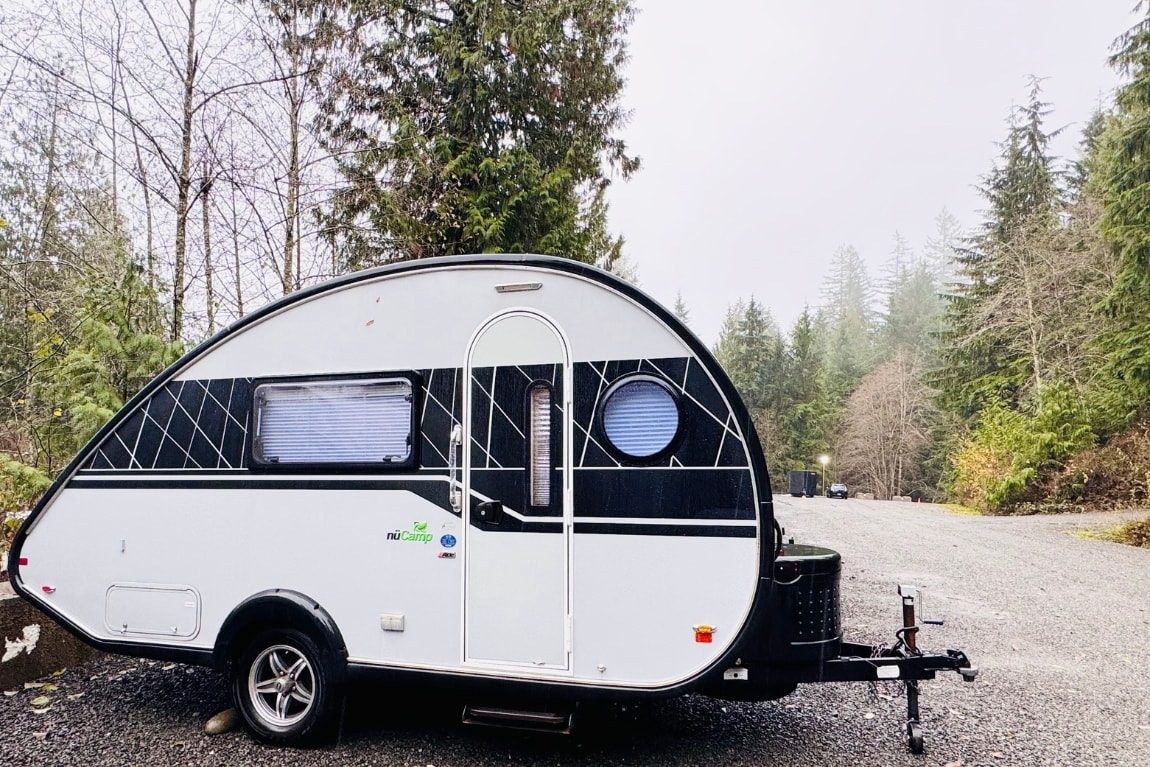
Cleaning and Upkeep
Implementing a regular cleaning routine and addressing any necessary repairs or upgrades can help maintain the cleanliness, aesthetics, and functionality of a small camper, enhancing the overall camping experience.
Seeking Professional Guidance
Consulting with experienced RV technicians, dealers, or camping enthusiasts can provide valuable insights and support for the proper maintenance, troubleshooting, and optimization of a small camper.
The Future of Small Campers
Advancements in Lightweight and Durable Materials
As the demand for small campers continues to grow, manufacturers may leverage innovative materials, such as advanced composites and high-strength alloys, to further reduce weight while maintaining structural integrity and durability.
Integration of Smart and Connected Technologies
Future small campers may feature the integration of smart home technologies, connectivity solutions, and advanced monitoring systems, enabling campers to remotely control and optimize various functionalities, from power management to climate control.
Sustainable and Eco-Friendly Design Approaches
Driven by the increasing focus on environmental responsibility, the development of small campers may involve the implementation of renewable energy sources, water conservation systems, and circular economy principles, minimizing the ecological impact of recreational camping.
Customization and Personalization Opportunities
As small camper enthusiasts seek to further express their individuality, the future may bring even greater customization and personalization options, allowing users to tailor their compact camping retreats to their unique preferences and lifestyles.
The Transformative Impact of Small Campers
Fostering a Closer Connection with Nature
By embracing the compact and mobile nature of small campers, users can immerse themselves more deeply in the natural surroundings, fostering a stronger appreciation and connection with the great outdoors.

Promoting Sustainable and Eco-Conscious Camping
The rise of small campers aligns with the growing emphasis on sustainable and eco-friendly recreational practices, empowering campers to reduce their environmental footprint while still enjoying the wonders of the outdoors.
Enabling Accessible and Inclusive Outdoor Experiences
The adaptability and versatility of small campers can help break down barriers and make camping more accessible to a wider range of individuals, including those with mobility challenges or special needs, enhancing the inclusivity of the outdoor community.
Cultivating a Sense of Adventure and Exploration
The compact size and maneuverability of small campers can inspire a spirit of adventure and exploration, encouraging campers to venture off the beaten path, discover new destinations, and create lasting memories through their outdoor experiences.
Conclusion
The rise of small campers has ushered in a new era of compact and versatile recreational travel, empowering adventurers to embrace the great outdoors while optimizing their environmental impact and budget-friendly considerations. From enhanced mobility and improved fuel efficiency to increased adaptability and a sense of exploration, these compact camping solutions offer a compelling proposition for modern outdoor enthusiasts.
